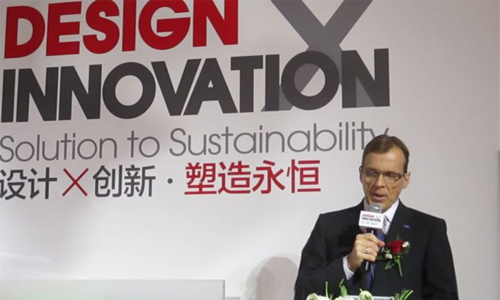
Can industrial design make a dent in fighting the harmful side effects of China’s rapid urbanization? German plastics maker BASF SE seems to think so, and is opening its first design liaison office in China.
The company made the announcement April 25 on the opening day of Chinaplas in Shanghai, and said the new center, called designfabrik, would be its third worldwide when it opens in May.
BASF has similar designfabrik centers at its headquarters in Ludwigshafen, Germany, and in Tokyo. BASF said it wants the Shanghai center to build stronger ties with local designers so they make more use of BASF materials.
But at a news conference at Chinaplas, company executives also drew links between rapid urbanization in China and product design — specifically the role they say plastics can play in reducing the environmental impact of growing cities.
“We need sustainable solutions to the problems of rapid urbanization,” said Stephan Kothrade, president and chairman of Greater China for BASF.
He said six of the world’s 10 megacities — those with populations of more than 10 million people — are in China, and the country has 140 cities with more than 1 million people.
Yet China is still urbanizing, and more than 1 billion Chinese are expected to live in cities by 2030, Kothrade said.
Company executives said the center is being put in Shanghai because the city is becoming an Asian hub for its operations, and they need the design staff to work closely with research and development, production and sales and marketing teams.
“We try to have it next to our R&D, and in this case to our production, so that we can mingle these R&D ideas with design requirements and vice versa, and stimulate discussion and innovation,” said Andy Postlethwaite, senior vice president of performance materials, Asia Pacific.
“It’s not just a library, it’s a place really to create new ideas with a multitude of materials… and bring those concepts to the prototyping stage,” he said.
Last year, the company opened the second phase of its Asia Pacific Innovation Campus in Shanghai, an investment of 90 million euros ($101 million).
At Chinaplas, the company’s large booth has a definite design theme, with BASF organizing various design events and talks with show organizer Adsale Group. BASF said it is the largest foreign investor in China’s chemicals sector, with 24 production plants in mainland China, Hong Kong, China and Taiwan, China.
Kothrade said Chinese design is developing rapidly and some local companies, such as appliance maker Haier Group, are becoming well known for their design work.
“The time has come for China to leverage this,” he said.
(Source: plasticsnews.com)










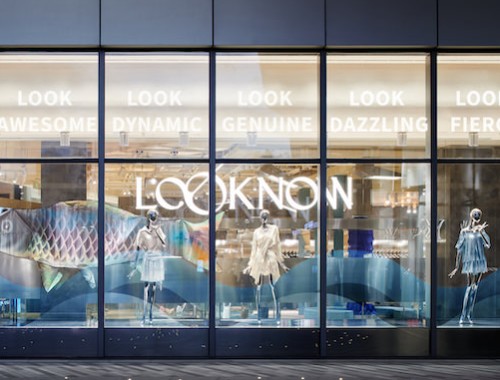
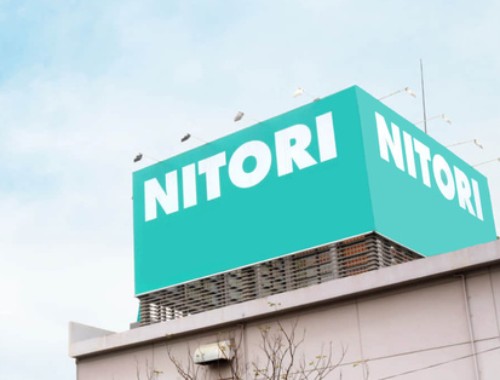
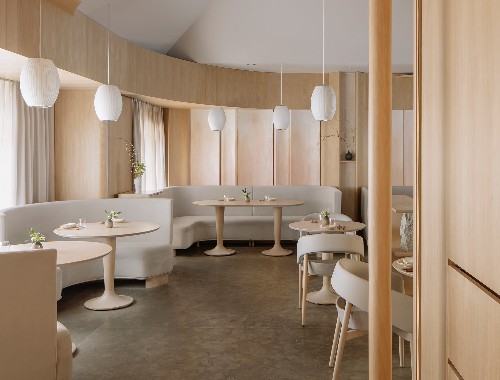
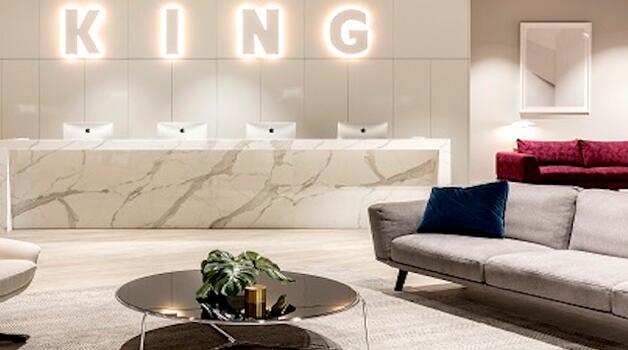













 沪公网安备31010402003309号
沪公网安备31010402003309号